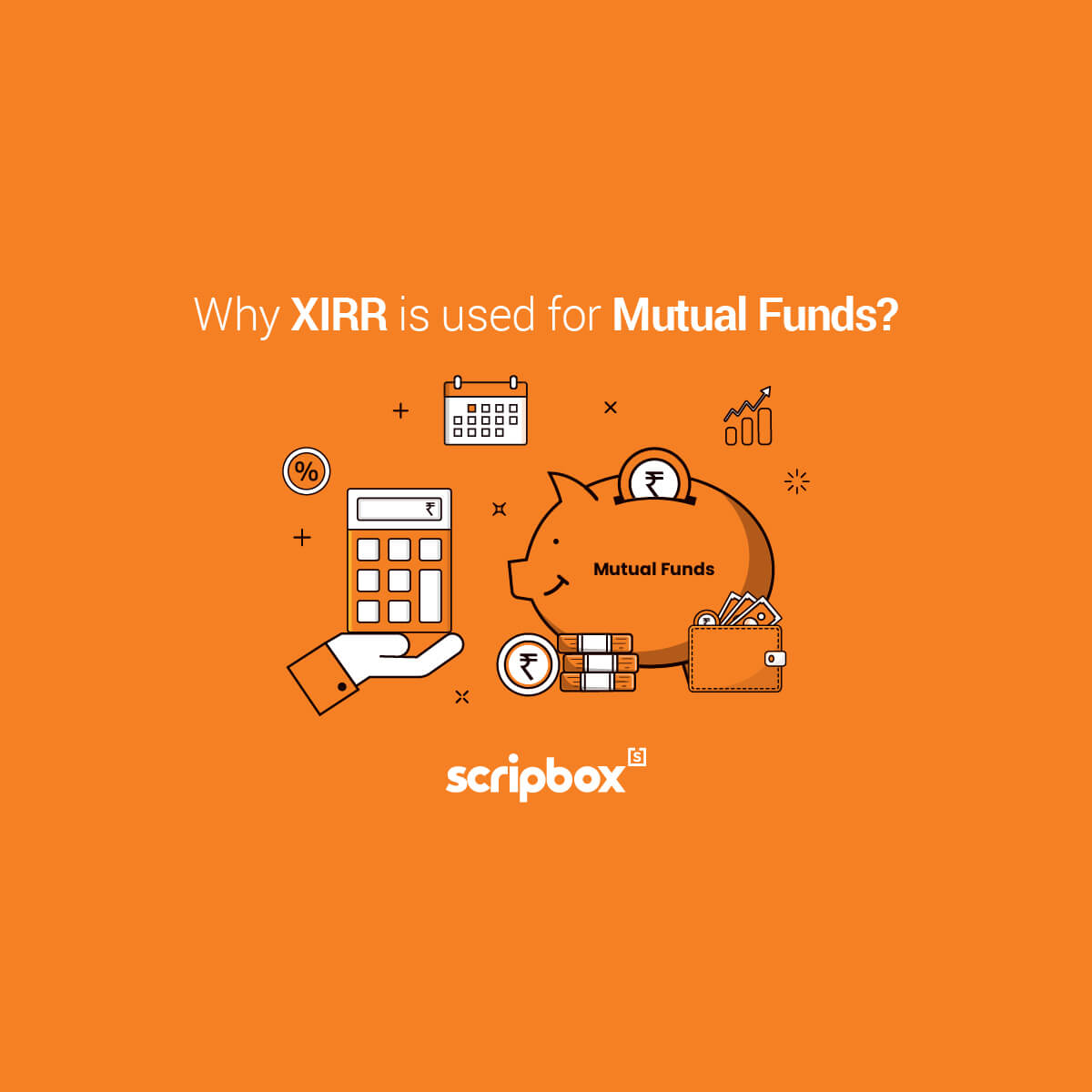In this article
8 Mins
Article Content
- What is Equity Shares?
- Types of Equity Shares
- Features of Equity Shares
- Advantages and Disadvantages of Investing in Equity Shares
- What are the Alternative Investment Options?
Equity shares are popular investment options among investors. Equity shares offer fraction ownership of the company. Therefore, equity shareholders are considered as part owners. Equity shares are issued to the general public for the first time through an Initial Public Offering (IPO). Upon listing, equity shares trade on the stock exchange. This article covers equity shares, their features and types in detail.
A company issues equity shares to raise capital at the cost of diluting its ownership. Investors can purchase units of equity shares to get part ownership of the firm. By purchasing the equity shares, investors will be contributing towards the total capital of the company and becoming its shareholder.
Equity shareholders are the owners of the company to the tune of the shares held by them. Through equity investing, investors benefit from capital appreciation and dividends. In addition to the monetary benefits, equity holders also enjoy voting rights in critical matters of the company.
The primary motive to issue equity shares is to raise funds for expansion and growth. Company issues equity shares to the general public through Initial Public Offer (IPO). IPO is a primary market offering. You can subscribe to the share by subscribing to the IPO. You can easily trade the stocks upon their allotment and listing on the stock exchange. The National Stock Exchange (NSE) and the Bombay Stock Exchange (BSE) are popular stock exchanges in India.
Equity shareholders receive the profits a company makes. Most large-cap and well-established companies pay dividends and bonuses to their shareholders.
The value of an equity share is the face value or book value. When more people buy shares of a company, the share prices will rise. While, if more people are selling, then the prices will fall.
However, when the shares start trading on the exchange, the supply and demand determine the prices.
If a company’s growth prospects seem promising, investors wish to invest in it to benefit from capital appreciation. Similarly, if the company is performing poorly, investors would want to exit their positions. As a result, they sell their holdings.
Check out our article on What is Equity Share Capital?
Following are the different types of Equity Shares:
Ordinary shares are those shares a company issues to raise funds to meet long term expenses. Investors get part ownership of the firm. It is to the tune of the number of shares held by then. An ordinary shareholder will have voting rights.
Preference equity shares are an assurance of the payment of a cumulative dividend to investors before ordinary shareholders. On the other hand, preference shareholders lack the voting and membership rights of a common shareholder.
Preference shares are classified as participating or non-participating. If an investor purchases participation preference shares, they get a specified amount of profits as well as bonus returns. These benefits are subject to the company’s success in a specific financial year. Non-participating equity shareholders do not get any such benefit.
Furthermore, preference shareholders receive repayment of capital when the company is dissolving or winding up its business.
Bonus shares are a type of equity shares a company issues from its retained earnings. In other words, a company’s distributes its profits in the form of a bonus issue. However, this doesn’t increase the company’s market capitalisation, like how other equity shares do.
Rights shares are not for everyone. The company issues these shares only for specific premium investors. As a result, the equity stake of such holders increases. The rights issue is done at a discounted price. The motive is to raise money to meet financial requirements.
5. Sweat Equity
Directors and employees of a company receive sweat equity shares. They get the shares at a discount for their excellent work in providing intellectual property rights, know-how, or value additions to the company.
6. Employee Stock Options (ESOPs)
A company gives ESOPs to its employees as an incentive and as a retention strategy. Employees are given the option to purchase shares at a predetermined price at a future date under the terms of an ESOP. Employees and directors who exercise their ESOP grant option receive these shares.
explore our article on RSU vs ESOP
- Permanent Shares: Equity shares are permanent in nature. The shares are permanent assets of a company. And are returned only when the company winds up.
- Significant Returns: Equity shares have the potential to generate significant returns to the shareholders. However, these are risky investment options. In other words, equity shares are highly volatile. The price movements can be drastic and are dependent on multiple internal and external factors. Therefore, investors with suitable risk tolerance levels should only consider investing in these.
- Dividends: Equity shareholders share the profits of a company. In other words, a company may distribute dividends to its shareholders from its annual profits. However, a company is under no obligation to distribute dividends. In case a company doesn’t make good profits and doesn’t have surplus cash flow, it can choose not to give dividends to its shareholders.
- Voting Rights: Most equity shareholders have voting rights. This allows them to select the people who will govern the company. Choosing effective managers assists the company to enhance its annual turnover. As a result, investors can receive higher average dividend income.
- Additional Profits: Equity shareholders are eligible for additional profits a company makes. It, in turn, increases the wealth of the investor.
- Liquidity: Equity shares are highly liquid investments. The shares are trade on the stock exchanges. As a result, you can buy and sell the share anytime during trading hours. Therefore, one doesn’t have to worry about liquidating their shares.
- Limited Liability: Losses a company makes doesn’t affect the ordinary shareholders. In other words, the shareholders are not liable for the company’s debt obligations. The only effect is the decrease in the price of the stocks. This will have an impact on the return on investment for a shareholder.
Advantages
The following are the advantages of investing in equity shares:
- High Returns: Equity shares have the potential to generate high returns as they are high-risk investments. Higher the risk, the higher the reward. The shares are highly volatile, and the prices fluctuate owing to many factors. Demand, supply, economic factors, company performance, geo-political factors, etc., all impact the share price.
- Voting Rights: Equity shareholders enjoy voting rights. They can vote for or against corporate policies and business decisions.
- Limited Legal Obligations: Though equity shareholders own a part of the company, they have limited legal liabilities.
- Liquidity: These shares trade on the stock exchange. Buying and selling them is quite easy.
Disadvantages
The following are the risks and disadvantages of investing in equity shares:
- Company’s Performance: The performance of the share largely depends on the company’s performance. When the company is not performing and is unable to make profits, the equity shareholder will not receive any dividends.
- Capital Loss: Since equity shares are high-risk, high-reward investments, the probability of capital loss is also high. Due to many internal and external factors, the share price fluctuates. A negative impact may lead to a capital loss for the investors.
- Volatility: Volatility in share prices can be for many reasons. The market sentiments drive the share prices up and down. Timing the markets is an impossible strategy to adopt. The share prices fluctuate within seconds and microseconds.
What are the Alternative Investment Options?
It is quite clear that equity investments are high-risk investments. Investing in a single share or company increases the risk even further. Also, as the markets are highly volatile, timing entry and exits, staying up to date with the market movements and sentiments is quite impossible for a common investor.
Thus a good alternative to equity share investing is mutual funds. Equity mutual funds invest the corpus amount across a diversified portfolio of stocks. Thus, diversifying the exposure to equities. Investing in mutual funds will expose you to the entire basket of stocks. Furthermore, the biggest advantage is that the portfolio is managed by experienced fund managers, who are round the clock tracking the performance for you.
Therefore, mutual funds are a good alternative investment option for investors wanting to invest in the stock market.
Explore our article on What is Cash Equity?
Frequently Asked Questions
How to buy equity shares?
You can buying equity shares through an online broker. For investing and trading in shares, you need a demat account and a trading account.
Why do companies issue equity shares?
Companies issue equity shares for many reasons, to meet their working capital requirements, to fund expansion projects, to develop new products/ technologies, etc. Companies choose equity dilution to avoid debt.
Who should you invest in equity shares?
Investors who are well aware of the stock market dynamics, and risks, and have the time to research, invest and track their investments can consider investing in equity shares. However, the best alternative to this is investing in equity mutual funds, where the investments are tracked and managed by professional fund managers. You do not have to worry about picking the shares, tracking their performance and managing buy and sell trades.
What is the efficient market hypothesis (EMH)?
Efficient market hypothesis means that the current stock price has factored in all the possible information related to it and that it is trading at fair market value.
RECENTLY PUBLISHED






Related Articles





